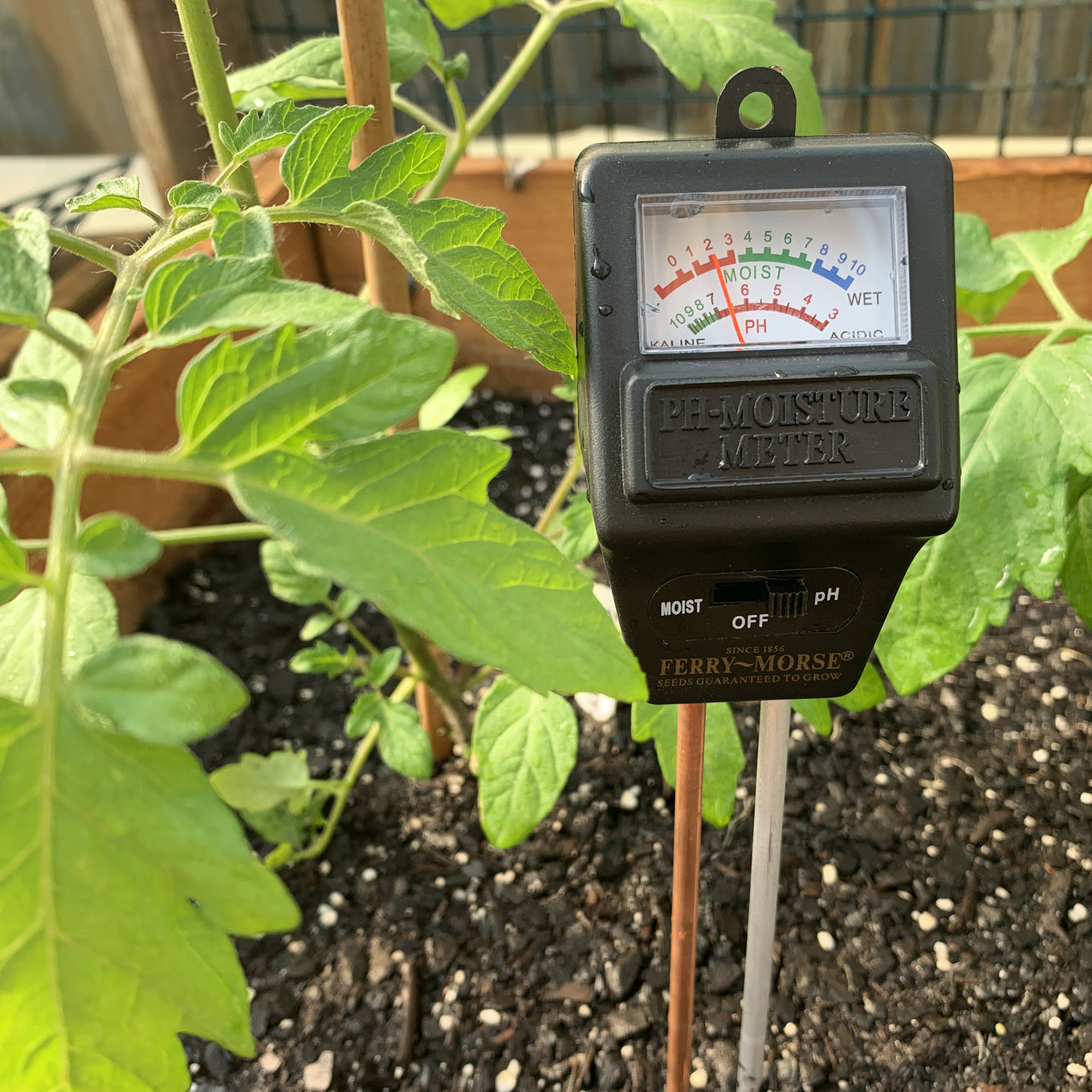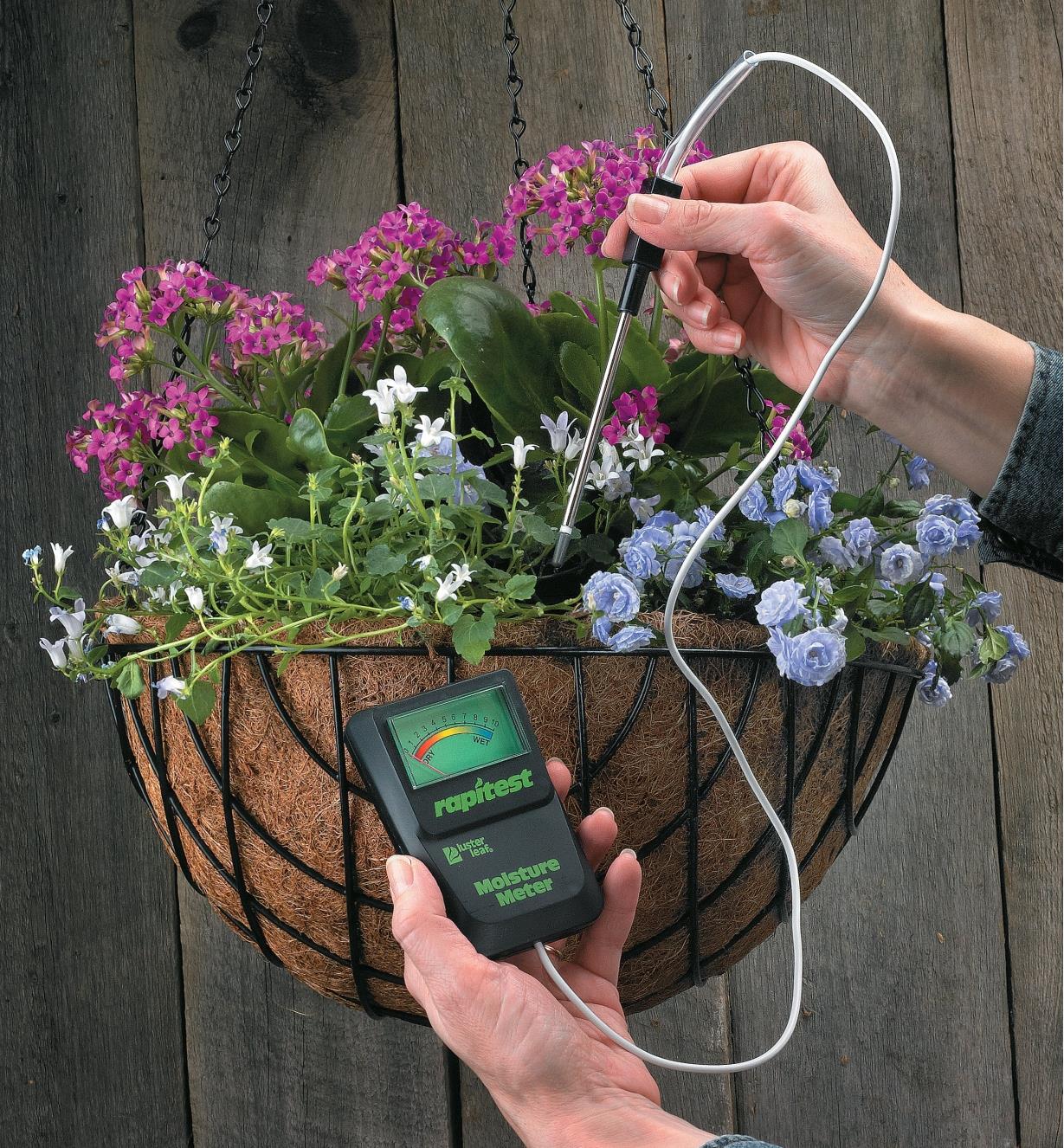Exactly how to Utilize a Moisture Meter to Find Surprise Water Damages in Your Building
Exactly how to Utilize a Moisture Meter to Find Surprise Water Damages in Your Building
Blog Article
The Ultimate Guide to Moisture Meters: A Comprehensive Review and Exactly How They Can Save You Cash
In the world of building upkeep, building and construction, and numerous sectors, the relevance of properly gauging wetness degrees can not be overemphasized. Moisture meters act as indispensable devices in identifying and checking moisture material in materials, assisting in protecting against pricey problems and guaranteeing the quality of items. Comprehending the nuances of different sorts of wetness meters, their applications, and the potential cost-saving advantages they provide can be a game-changer for companies and experts alike. Discovering just how these devices can not just improve procedures yet also contribute to economic savings is a trip worth starting.
Kinds Of Moisture Meters
One typical kind is the pin-type moisture meter, which measures the electrical resistance in between two pins placed right into a product. Pinless moisture meters, on the other hand, use electromagnetic sensor plates to scan a bigger location without creating damage to the product's surface.
Infrared dampness meters measure the thermal residential properties of a material to determine its wetness material non-invasively, making them valuable for applications where pin or pinless meters may not be ideal. Recognizing the different types of moisture meters available can aid sectors pick the most appropriate device for their certain wetness measurement demands.

Advantages of Using Moisture Meters

Furthermore, utilizing wetness meters can bring about enhanced energy performance. By identifying areas with high wetness degrees, such as leakages or inadequate insulation, adjustments can be made to enhance energy conservation and minimize energy prices. In farming settings, dampness meters play an essential function in enhancing plant returns by making it possible for farmers to monitor dirt wetness degrees and make notified watering choices. Generally, the advantages of using moisture meters span throughout various industries, providing affordable options and promoting much better quality assurance methods.
Exactly How to Choose the Right Moisture Meter
Selecting the ideal dampness meter includes thinking about crucial elements such as material compatibility, dimension variety, and calibration accuracy. When picking a dampness meter, it's important to ensure that the meter is ideal for the certain product you will certainly be testing. Different products have varying electric buildings that can influence wetness readings, so picking a meter developed for your product is vital for accurate outcomes. In addition, think about the dimension variety of the moisture meter. Make sure that the meter can spot dampness levels within the array required for your applications. Calibration precision is another essential element to remember (Moisture Meter). Opt for a dampness meter with reputable calibration to make certain exact and regular analyses. Some meters may need routine calibration adjustments, so comprehending the calibration procedure is very important. By carefully examining these variables, you can choose a wetness meter that fulfills your needs and offers exact moisture measurements for your jobs.
Correct Techniques for Moisture Meter Usage
To make sure accurate dampness readings and take full advantage of the effectiveness of a dampness meter, utilizing proper methods is vital. When using a pin-type wetness meter, put the pins or probes into the product being evaluated until they make complete contact. By complying with these correct methods, customers can depend on their dampness meter to offer reliable moisture levels, assisting in stopping pricey damage or making certain high quality in numerous applications.

Expense Savings Via Moisture Meter Applications
Exactly how can the critical utilization of wetness meters result in considerable cost savings throughout different sectors? Wetness meters play an essential duty in cost savings by protecting against prospective damage and ensuring quality assurance in various industries. In the farming sector, dampness meters aid in establishing the optimal time for gathering plants, preventing over-drying or excess wetness that can influence the end product's high quality. This exact surveillance helps farmers prevent unneeded losses and optimize their yield. look at this web-site

Furthermore, in the food processing industry, moisture meters are important for keeping track of product top quality and ensuring conformity with safety and security regulations. By properly gauging dampness web content in foodstuff, producers Visit This Link can avoid spoilage, maintain quality, and lower waste, causing considerable expense savings. On the whole, the strategic application of dampness meters is a valuable investment that can lead to significant price reductions and improved performance throughout different industries.
Verdict
Finally, wetness meters are important devices for determining and detecting dampness levels in various products. By using the right dampness meter and adhering to proper methods, individuals can efficiently avoid costly problems triggered by excess dampness. Purchasing a quality wetness meter can lead to substantial expense savings over time by identifying possible issues beforehand and allowing punctual remediation. Inevitably, wetness meters are vital instruments for keeping the honesty and durability of frameworks and materials.
Moisture meters offer as essential tools in discovering and keeping an eye on moisture content in materials, aiding in stopping expensive problems and making sure the top quality of products. Infrared wetness meters gauge the thermal properties of a product to determine its wetness content non-invasively, making them helpful for applications where pin or pinless meters may not be appropriate.Wetness meters offer important benefits in accurately evaluating and this contact form keeping an eye on dampness levels in varied materials and settings. In farming setups, dampness meters play an essential function in maximizing crop yields by making it possible for farmers to keep an eye on dirt moisture levels and make educated irrigation choices.In conclusion, wetness meters are important tools for gauging and spotting dampness degrees in different materials.
Report this page